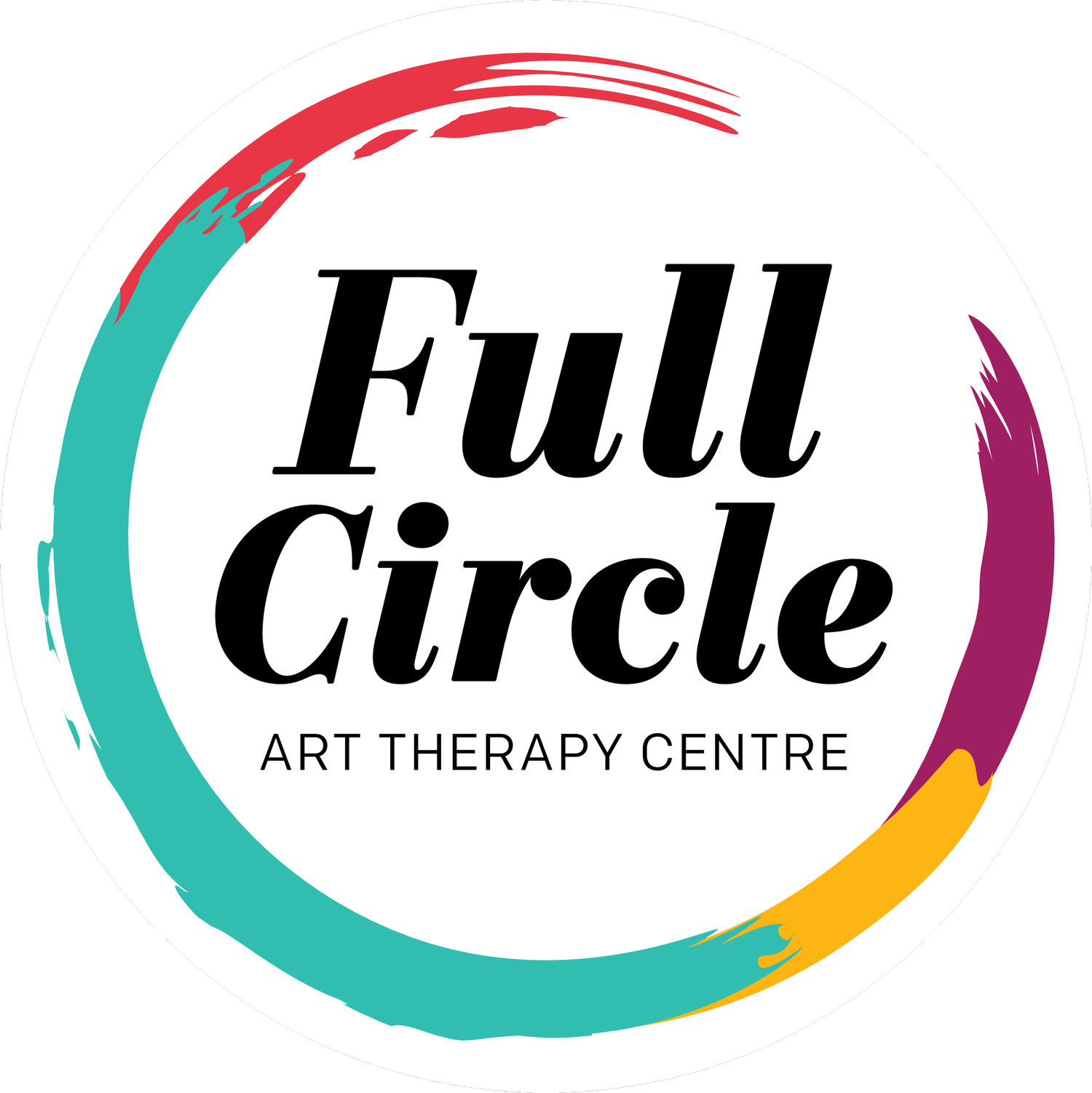Art Therapy for Caregivers: Enhancing the caregiving experience through creativity and connection
By Jayne Stewart (MSW, RSW, dVATI)
Who is a Caregiver?
A caregiver is someone responsible for helping someone with their daily needs. There are two types of caregivers: formal and informal. Formal caregivers provide support professionally and are paid for their services. Informal caregivers are often friends or family members who provide unpaid care for one another. Both types of caregivers play invaluable roles in healthcare systems and communities.
What is Caregiver Burnout?
Caregiving is inherently stressful. Regardless of who you support and how much you care for them, it is not easy. Caregivers are often so busy tending to others that they spend little time caring for themselves. When this stress goes unchecked, caregivers are at risk of developing burnout. Caregiver burnout is a state of overwhelm, which leads to mental, emotional, and physical exhaustion.
Common signs of caregiver burnout include:
Emotional and physical exhaustion
Lower mood
Reduced or loss of interest in activities previously enjoyed
Negative thoughts, which may include thoughts of hurting yourself or others
Withdrawing from others
Changes in sleep patterns
Changes in appetite or weight
Getting sick more often
Irritability, frustration, or anger towards self and/or others
Decreased ability to focus, make decisions, or remember information
What is Art Therapy?
As the Canadian Art Therapy Association states, “Art therapy combines the creative process and psychotherapy, facilitating self-
exploration and understanding. Using imagery, colour and shape as part of this creative therapeutic process, thoughts and feelings can be expressed that would otherwise be difficult to articulate”.
Art Therapy = Creative Expression + Psychotherapy
Although art therapy has been around since the 1940s, many misconceptions about this approach to healing remain. Therefore, it’s important to note that:
No previous creative experience is required
Everyone is inherently creative, art is subjective, and you can benefit from art therapy regardless of how much time you have spent engaging with visual arts.
Art therapy differs from an art class
Art therapists do not “teach you how to make art.” Rather, they help facilitate opportunities for creative expression.
Both the process and product are valued
The thoughts, emotions, and physical sensations you experience during and after engaging in creative expression are just as important as the artwork you create
Art therapists do not interpret your artwork
Art therapists do not tell you what your artwork means. The meanings attributed to different colours, shapes, lines, and materials can vary culturally and personally, so as the creator, you are the meaning-maker of your art.
Choice is always present
Honouring your inner wisdom and autonomy is deeply valued in art therapy. Tending to your needs is always a top priority.
How Can Art Therapy Reduce Caregiver Burnout?
Art therapy can be an effective way to reduce caregiver burnout. Some of the many benefits of Art therapy includes:
Self-discovery
Creating art can help you acknowledge thoughts, emotions, and physical sensations that may have previously gone unnoticed or unattended. Increasing your self-awareness enhances your ability to care for yourself.
Self-esteem
Engaging in the creative process is a way to connect with your strengths and build your sense of mastery.
Cathartic release
Art-making provides a healthy way to express your emotions and relieve any stress held in your body.
Connection and support
Creating art with others can help combat feelings of loneliness and enhance feelings of acceptance, empowerment, and hope.
Final Thoughts
Caregiving can be both a highly rewarding and highly challenging experience. It’s all too easy for caregivers to push their feelings and needs aside while prioritizing the needs of the person(s) within their care. Enhancing your caregiving experience through creativity and connection has the potential to be of benefit to both you and your loved ones. You deserve care too!
About The Author
Jayne Stewart is a Registered Social Worker, Psychotherapist, and Certified Art Therapist. She approaches therapy with the understanding that we can all benefit from having a safe relationship to openly explore our lives and be met with genuine compassion and strategies to help us build upon our strengths. She is passionate about providing person-centred, trauma informed, culturally responsive, and experiential mental health and addictions services for individuals, families, and groups.
Come check out details of Jayne’s upcoming creative wellness workshop called CREATIVE CARE FOR CAREGIVERS.

